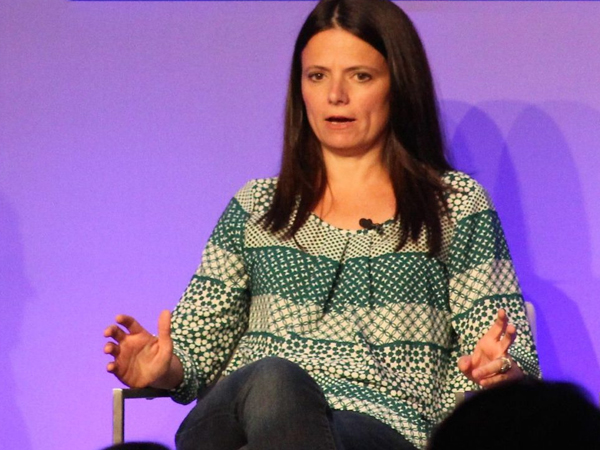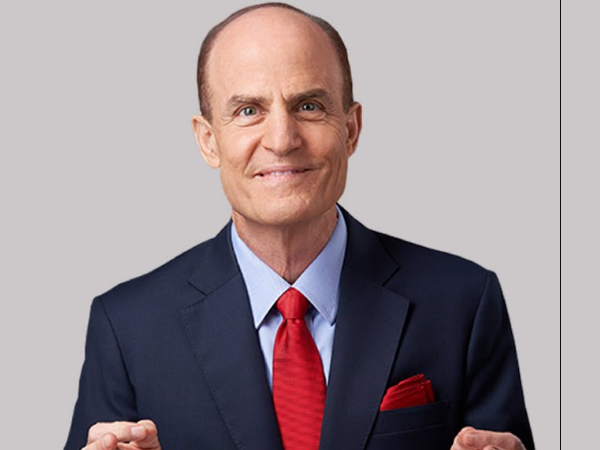Dave Ulrich five tips for the modern workplace
Dave Ulrich is widely acknowledged as one of the foremost experts on all matters human resources related. He has also published extensively on leadership, organization, and HR – most notably the hugely influential The HR Value Proposition.
Ranked as the #1 management guru by Business Week, profiled by Fast Company as one of the world’s top 10 creative people in business, a top 5 coach in Forbes, and recognized on Thinkers50 (Hall of Fame) as one of the world’s leading business thinkers, Dave Ulrich has a passion for ideas with impact. From being recognized as the “Father of modern HR” to being ranked as #1 educator & management Guru, Dave Ulrich is one of the world’s leading business thinkers who have made a significant impact on the HR industry.
Here are his five tips for the modern workplace.
Create a workforce plan with people that reflects your future strategy
Action: Map the workforce
Leaders need a workforce that can execute the business strategy. Once a strategy is in place, the next step in cultivating ideal conditions for growth is understanding both current and future roles in the company. Work can be divided into three types of jobs: critical jobs, support roles work, nonessential work – and each type requires the right type of worker. Key questions include:
- Which critical jobs will make the largest difference to your results in the next five to ten years?
- How well positioned are you to staff those critical jobs with the right people?
- What percent of the key positions have qualified talent in place?
- Make an employee brand that underlines how employees should be treated when they do good work
Action: Create employee brand
Just as an organisation must comprehend what it can offer its customers, it must understand what it offers its employees. Talent and future talent must understand the priorities a company maintains in relation to their firm brand which evolves with customer expectations. An employee brand is a pledge to present and future employees about how they should expect to be treated when they perform well. With this in mind, potential talent is likely to choose companies whose values they prefer.
Help employees make sense of and navigate their career choices and opportunities
Action: Help people manage their careers
Clarity in what an employee’s goals are and how those goals fit within an organisation’s future is incredibly valuable to both the organisation and the individual. Open conversations between leaders and employees about what can be expected throughout a career allows for clear vision and understanding in steps necessary to move forward.
When human capital developers hold candid, forward-looking conversations with employees, employees take accountability for decisions about whether to stay where they are, opt to move forward, or make a more intense career change. 4. Pledge to the next generation talent that you will give them opportunities to learn and grow so that they are prepared when their leadership opportunities arise
Action: Find and develop next generation talent
Finding next generation talent is done by enlisting every person in the organization as a talent scout in finding talent that is ready to grow. Leaders who excel at developing next generation talent:
- Coach and Mentor
- Delegate and Empower
- Share Incentives
- Encourage collaboration more than competition, friendships more than rivalries and connection more than isolation
Action: Encourage networks and relationships
Leaders model attitudes which set the tone for collaboration, friendship and connections or competition, rivalry, and isolation. Leaders who build talent know that to be effective, their teams need to see how their work impacts others. They need to understand how all the parts of the organisation work together to meet customer and investor expectations. The bottom line is that strong networks lead to faster and more robust learning.




